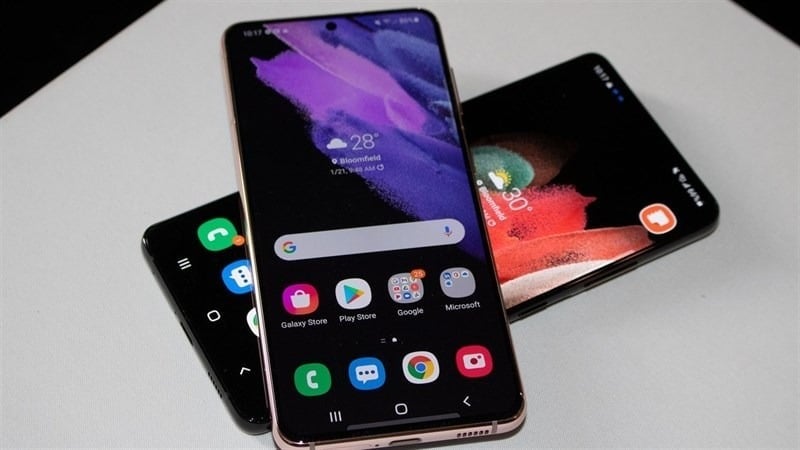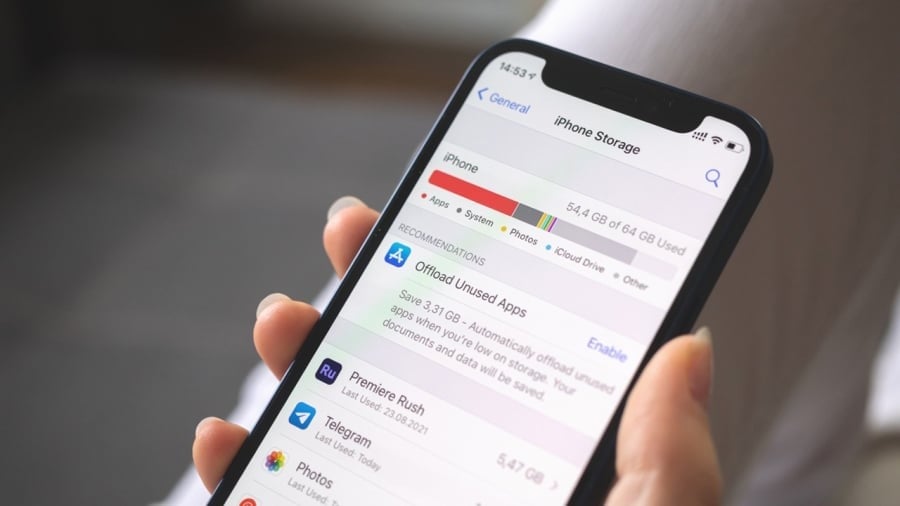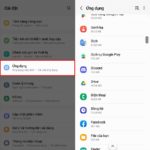Uninstall Unused Applications
Having too many applications installed on your phone can lead to memory overload and even cause it to run out of storage. It’s advisable to keep only the essential apps that you regularly use. Remember to uninstall those that you rarely or no longer use to free up memory space. This not only declutters your phone’s interface but also improves its overall performance.

Too many apps can overload your phone’s memory.
Clear the Cache
While the cache memory aids faster access to applications and data, an overloaded cache can hinder your device’s performance. To clear the cache, follow these steps:
Go to your device’s Settings.
Select Storage and look for the option to clear cache files. This option may vary depending on your phone model, such as “Cache Data,” “Saved Data,” or “Clear Files.”
Your phone will automatically scan and delete unnecessary cache data, freeing up storage space and enhancing performance.
Delete Unnecessary Files
Files like photos, videos, audio, and documents can take up a significant amount of space on your phone’s memory. To free up space, delete any unnecessary files or back them up to the cloud. For instance, on Android phones, the Download folder contains all the files you’ve downloaded. Removing unused files from this folder will reduce memory usage and boost your phone’s performance.

Large files like videos and photos can occupy a lot of memory.
Delete Unnecessary Messages and Notifications
Messages and notifications can take up a significant portion of your phone’s memory. To free up space, delete unnecessary messages and notifications or adjust your settings to prevent them from being stored long-term on your device.
Transfer Data to a Memory Card
If your phone supports expandable memory, you can transfer data like photos, videos, and documents to a memory card to free up internal storage.
Update Your Software
Updating your software not only improves device performance but also provides bug fixes and new features, ensuring your phone operates more smoothly and stably.
Utilize Cloud Services
If you’re reluctant to delete important files but need to save internal memory space, consider using cloud services like Google Drive, OneDrive, or Dropbox to back up your files.
Disable Unnecessary Features
If you don’t use features like Wi-Fi, Bluetooth, GPS, or NFC frequently, turn them off to reduce memory usage.
Use Memory Management Software
In addition to built-in memory management apps, you can also utilize third-party memory management software to automate and more efficiently clean up and optimize your phone’s memory.
Implementing these methods will help you better manage and optimize your phone’s memory, leading to improved performance and a more seamless user experience.





































